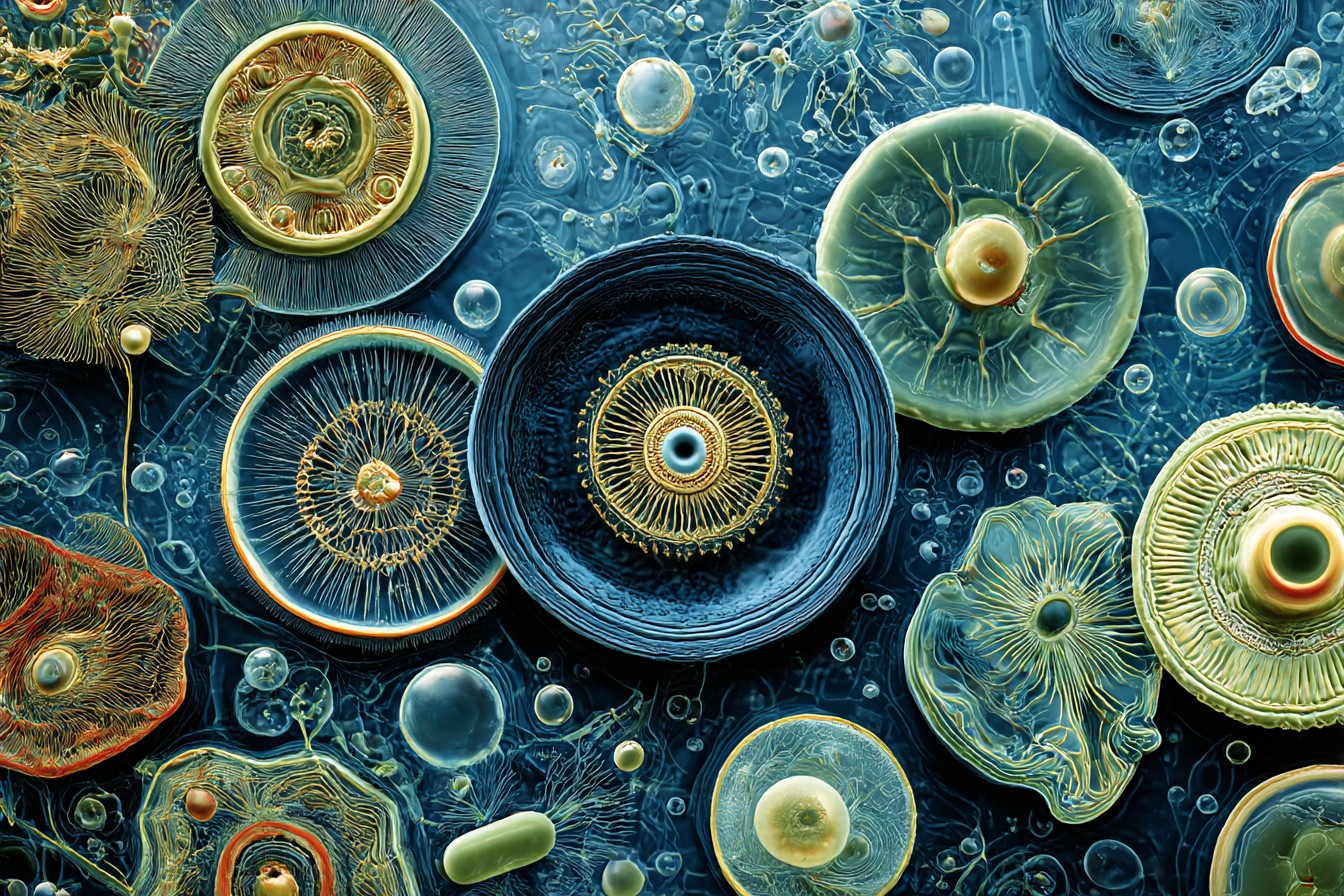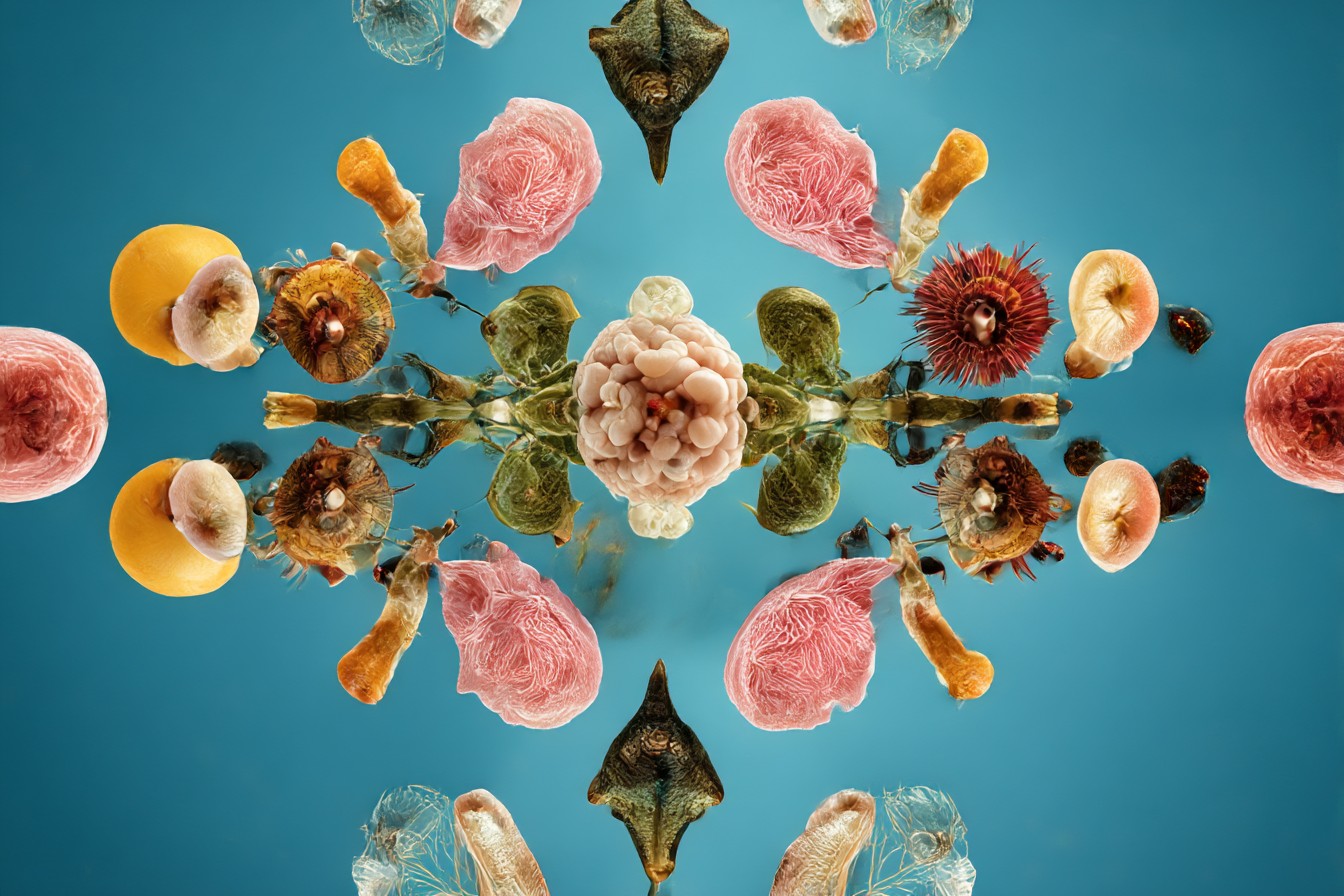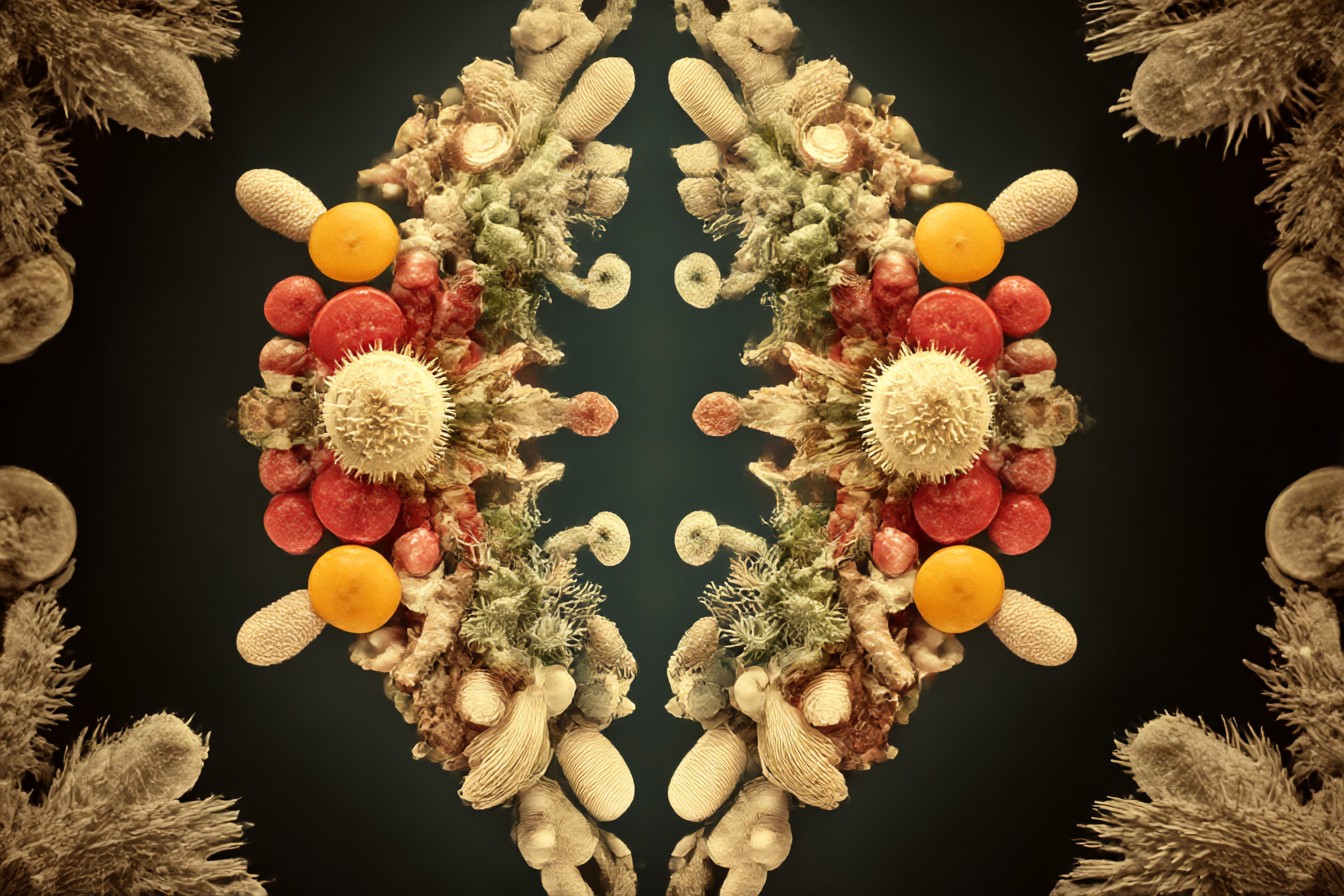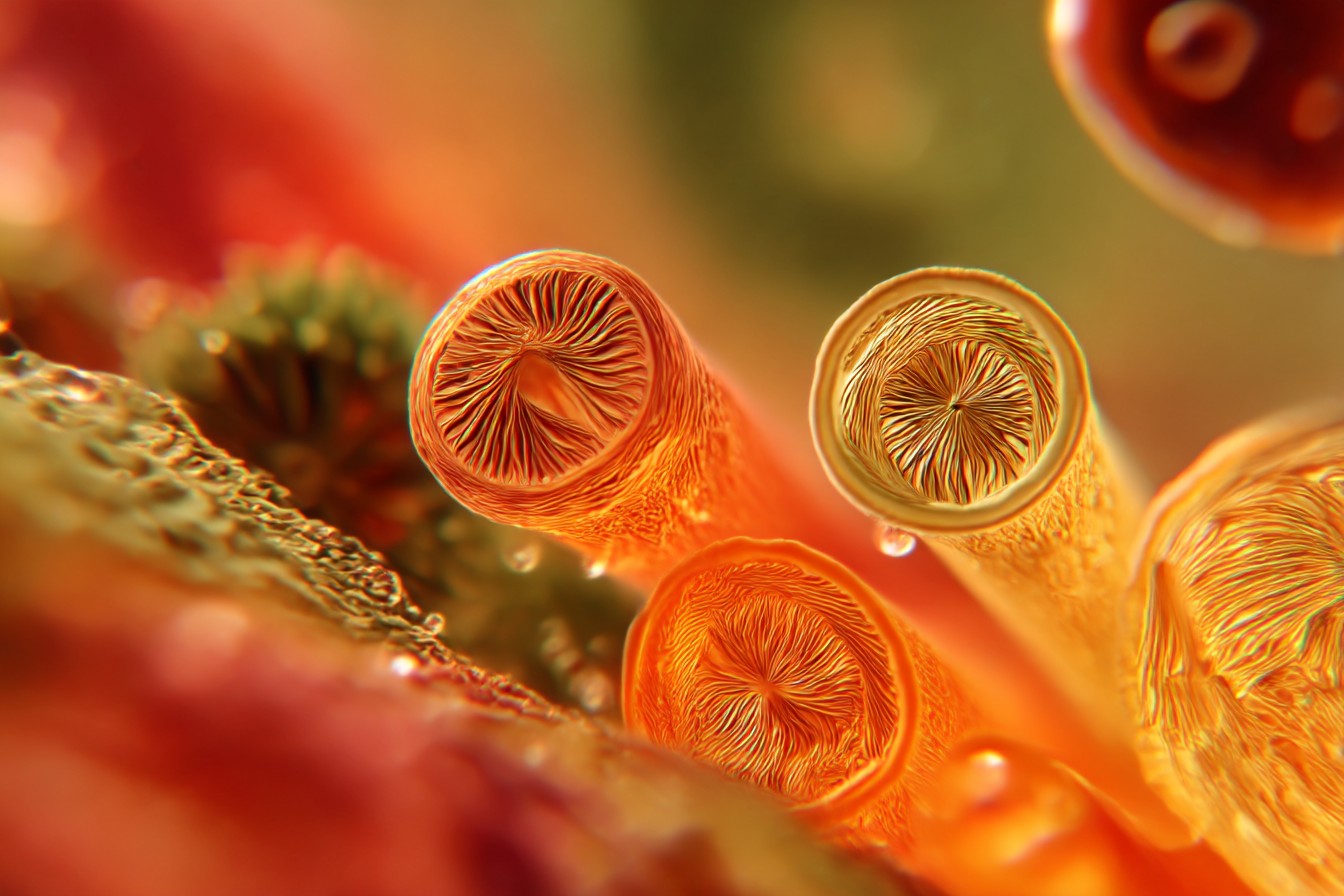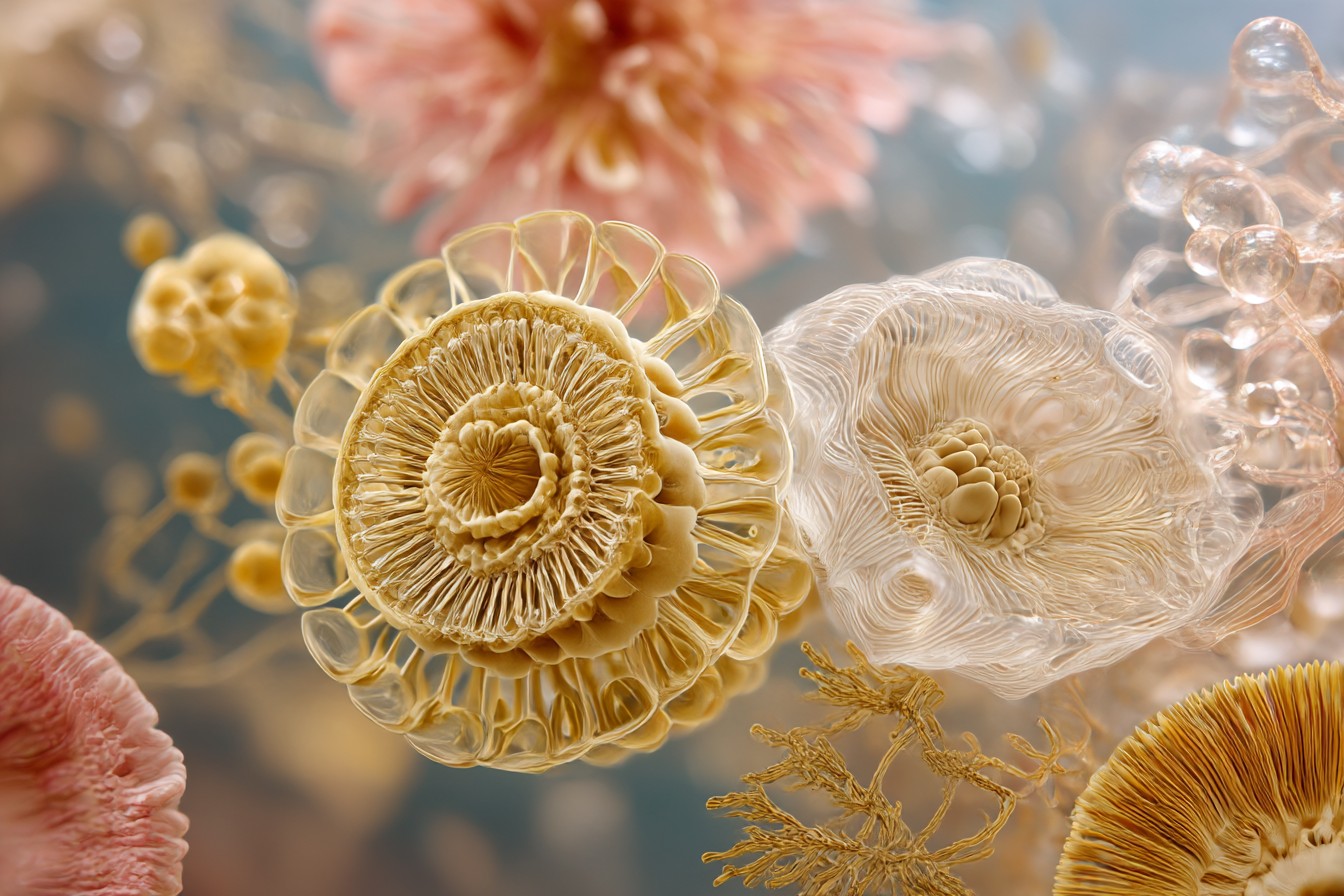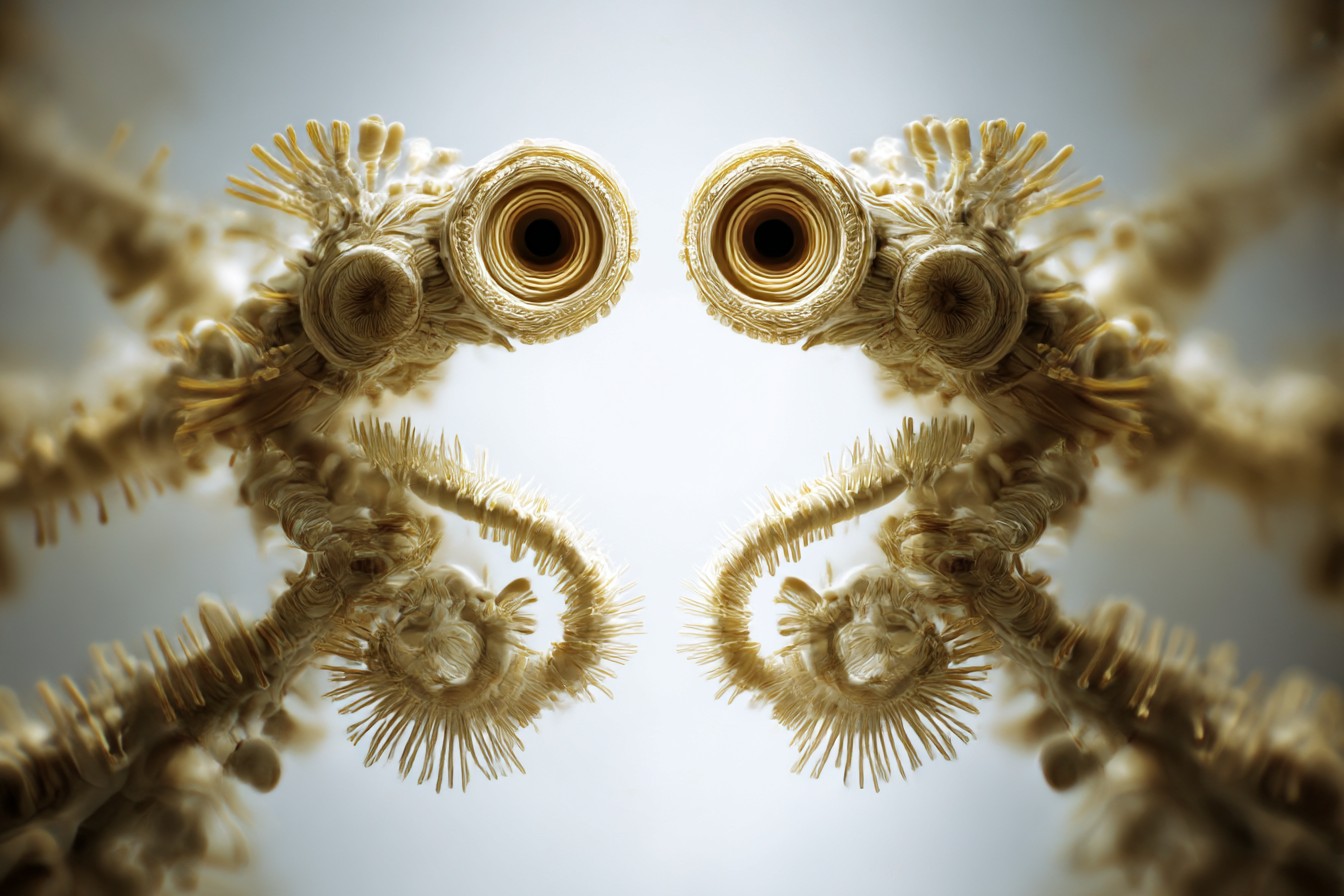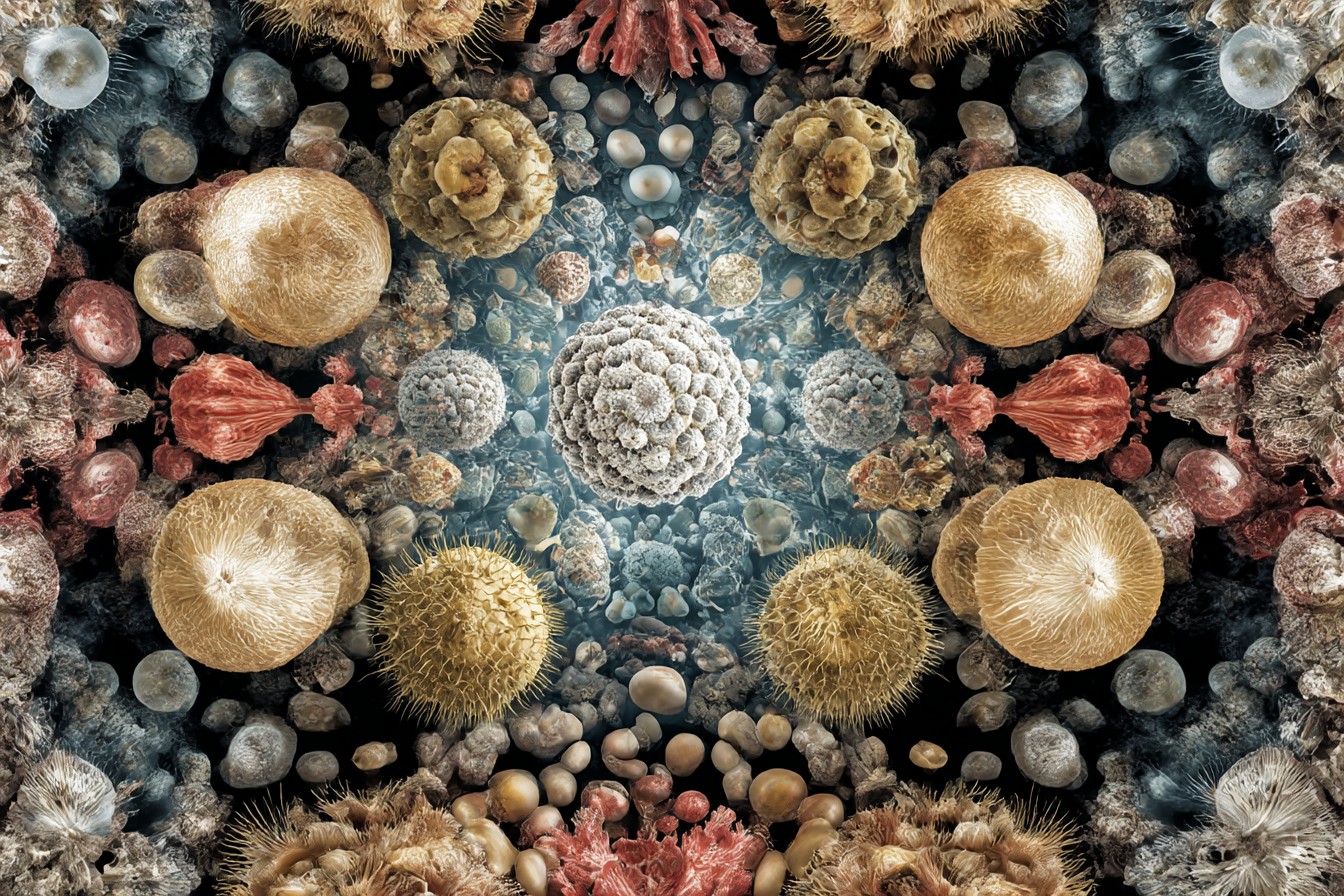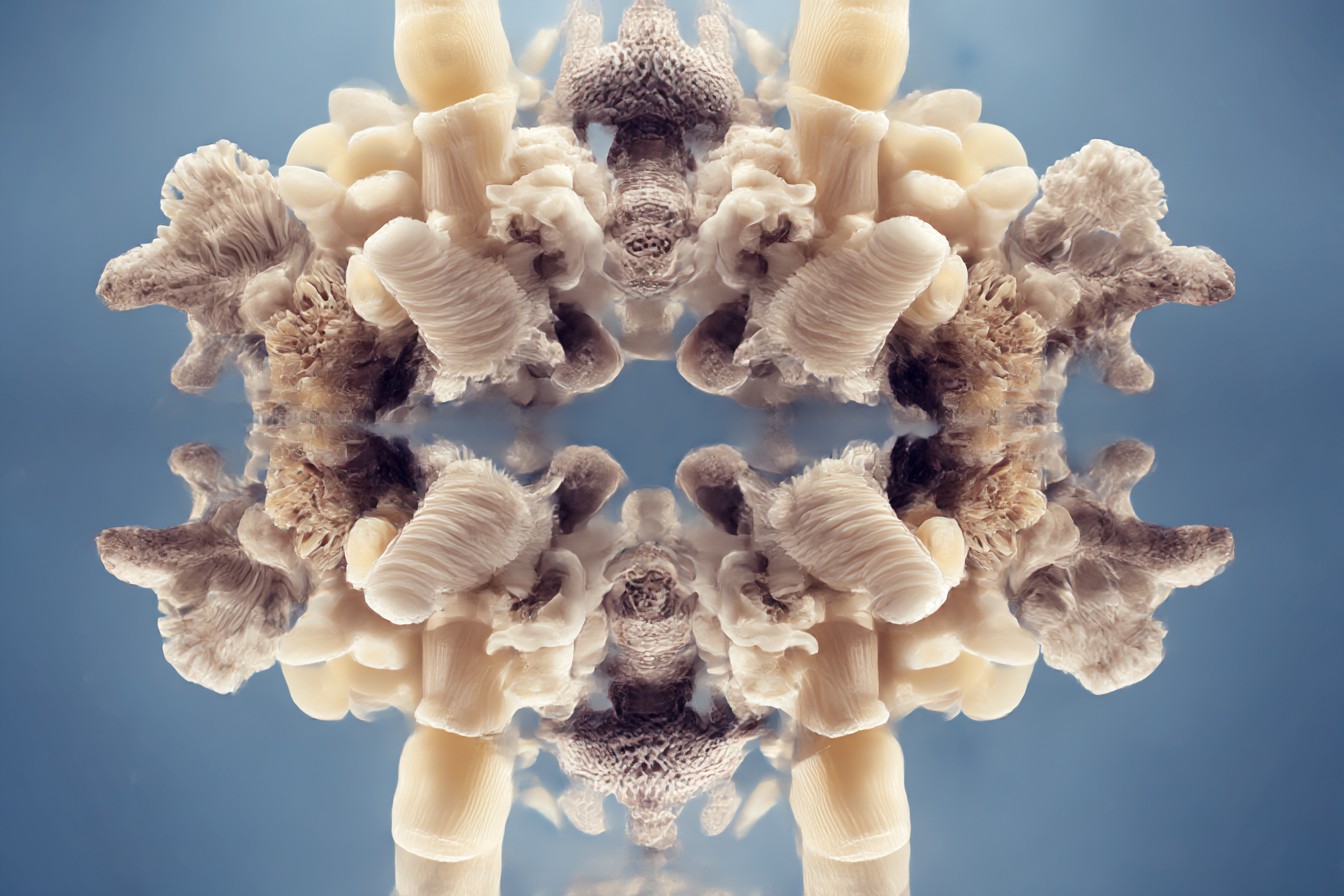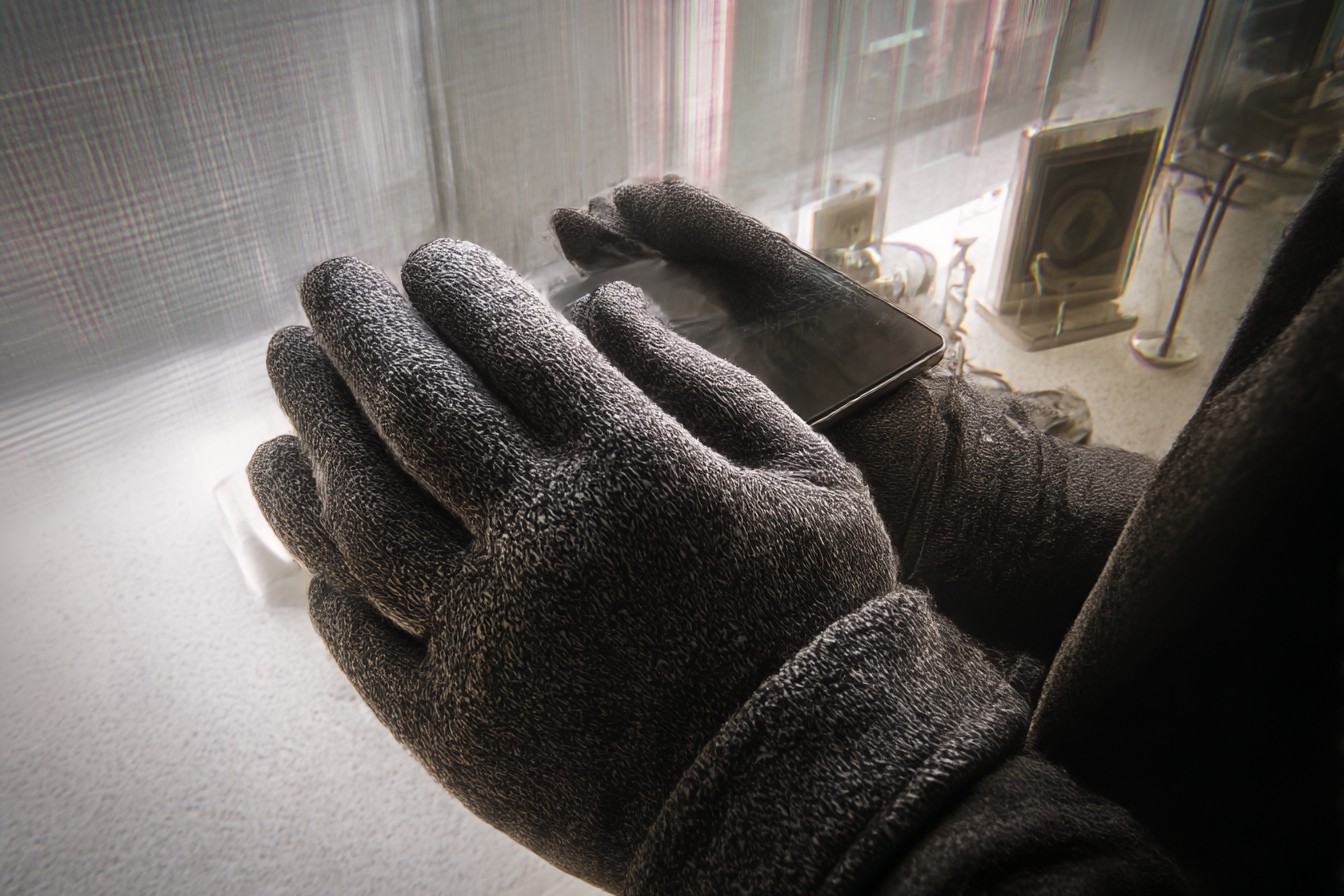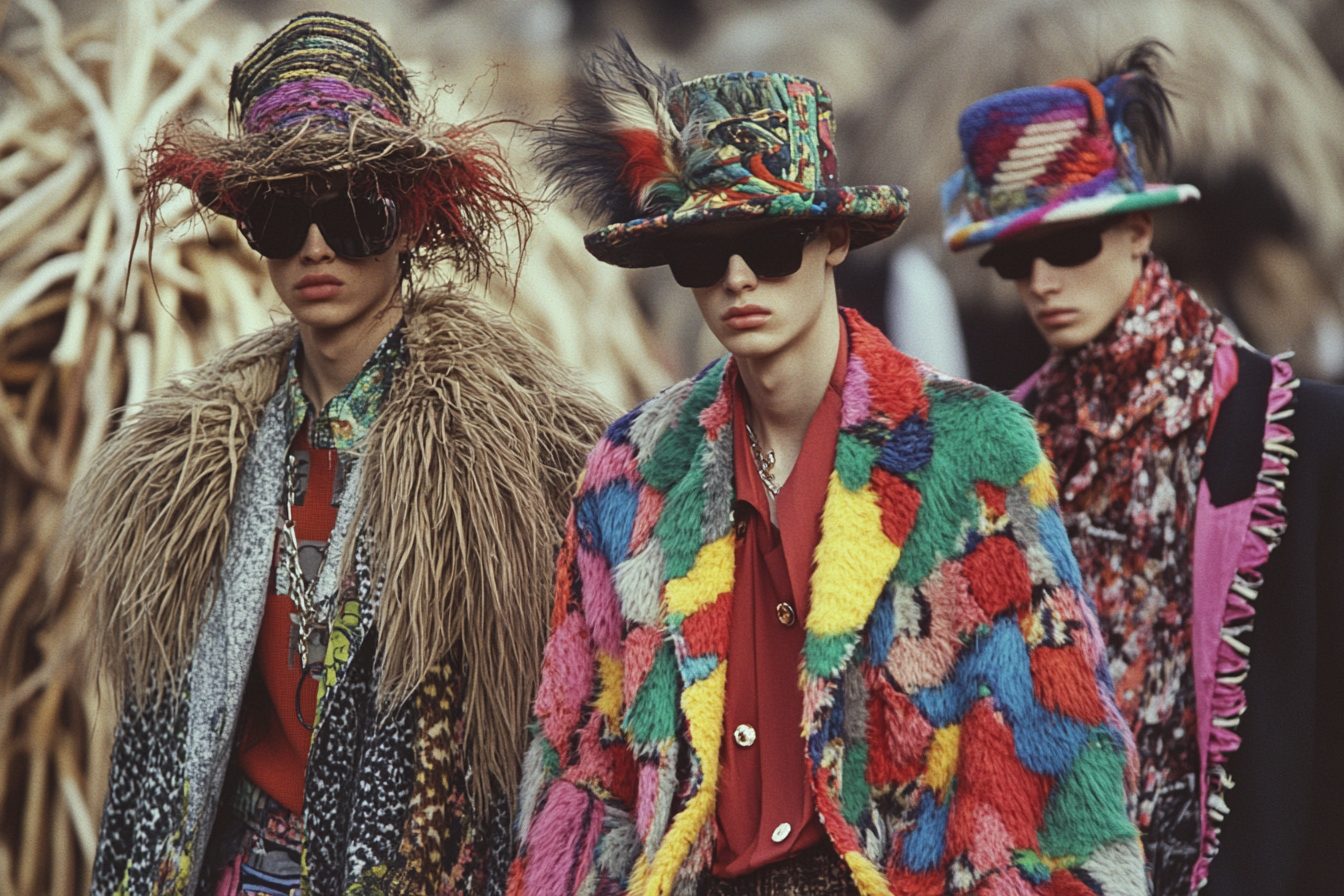I was halfway through my standard morning routine – mainlining coffee while scrolling through the latest microbiome research with one hand and attempting to spoon yogurt into my mouth with the other – when I first encountered the study that would send me down a three-month experimental rabbit hole questioning everything I thought I knew about free will.
Look, as a biochemist, I’ve always understood that our bodies are less singular organisms and more walking ecosystems. The human microbiome isn’t exactly breaking news. But there’s something profoundly different between intellectually knowing that your gut houses trillions of bacteria and emotionally processing that these microscopic roommates might be pulling your psychological strings like tiny puppet masters.
The study in question examined how gut bacteria influenced neurochemical production in mice. The researchers had effectively turned timid mice bold and bold mice anxious just by swapping their gut bacteria. I nearly dropped my yogurt. Wait. What?
“Mei!” I shouted to my girlfriend, who was getting ready for work in the bathroom. “Did you know our gut bacteria might be controlling our personalities?”
“Is this going to be like the time you convinced yourself your circadian rhythm was being manipulated by the mold experiment in the guest room?” she called back. “Because we agreed – no more existential crises before 9 AM.”
But this was different. This wasn’t just about feeling tired or energetic based on light exposure. This suggested something far more fundamental about who we think we are.
I cleared my schedule (apologizing to my podcast producer for postponing our recording) and spent the next six hours in a literature review frenzy. The evidence was… unsettling. Studies showing that germ-free mice exhibited different stress responses. Research linking gut bacteria composition to depression and anxiety. Papers demonstrating how certain bacterial strains influence neurotransmitter production directly. Each article I read made me increasingly aware of the yogurt I was still absently consuming – was I feeding the very overlords controlling my consciousness?
By evening, I’d drafted an experimental protocol that would likely get me banned from any reputable research institution. But since my apartment has significantly fewer ethical oversight committees than Johns Hopkins did (precisely zero, in fact), I proceeded with what I now refer to as “The Great Microbiome Manipulation Experiment of 2023.”
The basic premise was simple: I would dramatically alter my gut microbiome through different dietary interventions while tracking various psychological and behavioral metrics. I’d document mood changes, decision-making patterns, risk aversion, creativity levels, and social behaviors across different microbial landscapes within my own digestive system.
Phase one began with a baseline assessment. I created a rigorous testing protocol including standardized mood questionnaires, decision-making tasks from psychological literature, creativity assessments, and a custom app I built that randomly prompted me throughout the day to record my current emotional state, recent decisions, and physical sensations. Josh, my best friend since MIT, helped me set up a controlled environment for the cognitive tests, though he expressed what I felt was unnecessary concern about my experimental design.
“You realize you’re basically performing an unregulated clinical trial on yourself, right?” he asked while helping me calibrate the testing parameters.
“That’s literally the tagline of my entire career,” I reminded him.
For the first week, I maintained my normal diet while establishing baseline measurements. The real experiment began in week two, when I shifted to what I called the “Stereotypical American Diet” – processed foods, high sugar, low fiber, essentially creating what microbiome researchers consider a “dysbiotic” gut environment. Weeks three and four involved a strict plant-based diet rich in prebiotic fibers, followed by two weeks incorporating various fermented foods. The final phase included specific prebiotic and probiotic supplements targeted at boosting bacteria known to influence neurotransmitter production.
The results were… well, frankly terrifying.
During the processed food phase, my mood plummeted dramatically. Not just general grumpiness – I’m talking about a fundamental shift in my worldview. I found myself catastrophizing minor setbacks, avoiding social interactions, and making markedly more conservative decisions on risk assessment tasks. My creativity scores dropped by 38% compared to baseline. I nearly canceled an upcoming conference presentation because I suddenly felt “unqualified” – something that has literally never happened in my entire overconfident academic career.
Mei noticed the change immediately. “You’ve been staring at that water stain on the ceiling for twenty minutes,” she observed on day four of the processed food regimen. “You said it looked like ‘the inevitable heat death of the universe.'”
“Doesn’t it though?” I mumbled, before catching myself. Wait. This wasn’t me. I’m annoyingly optimistic, even in the face of experimental catastrophes. I once set my lab coat on fire and described it as “an unexpected opportunity to test flame-retardant properties of synthetic fibers.” Yet here I was, existentially devastated by a water stain.
The transition to the plant-based diet produced equally dramatic shifts in the opposite direction. By day three, my mood had not only returned to baseline but had actually elevated beyond my normal levels. My creativity assessments showed a 27% improvement over baseline. I felt more social, more optimistic, and significantly more open to new experiences. I booked an impromptu weekend trip to attend a conference on quantum biology that was only tangentially related to my field – something baseline-me would have considered but processed-food-me would have dismissed as frivolous.
The fermented food phase introduced yet another psychological landscape. I became notably more focused and analytical, spending hours diving deep into research questions that I’d previously found uninteresting. My decision-making tests showed increased patience for delayed gratification and more methodical problem-solving approaches.
The most disturbing shift came during the targeted probiotic phase. I had selected strains specifically known to influence GABA production – an inhibitory neurotransmitter that reduces neural excitability. Within days, my typical enthusiastic approach to… well, everything… had been replaced by a calm, measured perspective that my friends found deeply unsettling.
“You haven’t interrupted me once during this entire conversation,” Josh noted with visible concern during our weekly coffee meetup. “And you haven’t proposed a single potentially dangerous experiment. Are you feeling alright?”
I was feeling fine – better than fine, actually. I felt balanced and reasonable. And that was perhaps the most terrifying realization of all – that this centered, rational person felt simultaneously like me and not-me. If a few bacterial strains could so fundamentally alter my emotional landscape and decision-making patterns, then what exactly constituted the “real me”?
The data was unambiguous. Across all psychological metrics, my responses varied wildly depending on what bacterial populations I was cultivating. My risk assessment, creativity, social inclinations, even my baseline anxiety levels – all shifted predictably based on dietary interventions known to influence gut bacteria.
As I compiled the final experimental results (carefully documented in a 127-page report that no academic journal would ever publish due to its sample size of exactly one), I found myself facing a profound existential question: If my thoughts, feelings, and decisions could be so dramatically manipulated through bacterial population management, how much of what I consider “me” is actually… me?
The philosophical implications are staggering. We walk around with this comforting narrative that we are singular, consistent entities making conscious choices. But my data suggested something far messier – that “I” am more of a collective output, a constantly shifting negotiation between my human cells and the trillions of microbial cells that call my body home.
Dr. Khatri, my former advisor, was uncharacteristically interested when I shared my findings. “Your methodology is ethically questionable as always, Jamie, but the subjective experiential data is fascinating,” he admitted. “Though I should point out that correlation doesn’t equal causation. Your expectations might have influenced your experiences.”
He had a point. Maybe I’d just psychologically primed myself to feel different based on what I was eating. Except… I’d thought of that. During each phase, I’d included randomized double-blind days where Mei prepared identical-looking smoothies containing either the experimental dietary components or control ingredients. The psychological shifts consistently aligned with the actual contents, not my expectations.
I’ve since returned to my normal varied diet, finding a middle ground that feels like the version of myself I’m most comfortable with. But I can’t unlearn what I now know – that the bacteria in my gut form a kind of parliament, voting on my emotions through the chemicals they produce, influencing everything from how risk-averse I feel to whether I see the world as fundamentally good or inherently threatening.
The next time you have a “gut feeling” about something, remember – it might literally be your gut having the feeling. That sudden craving, mood shift, or intuitive decision? Perhaps it’s just your internal bacterial civilization sending chemical voting ballots to your brain.
As for free will… I’m still processing that philosophical quagmire. If my decision to attend that quantum biology conference was significantly influenced by my elevated Lactobacillus population, was it really my decision at all? The uncomfortable answer seems to be that “my decisions” are always collaborative projects between my human biology and my microbial co-pilots.
The strangest result of this entire experiment, however, is how it’s changed my relationship with my food. I now find myself hesitating before certain meals, wondering – am I feeding the version of myself I want to be tomorrow? It’s a question I never considered before, but one I suspect I’ll be contemplating with every bite for the rest of my scientifically confused life.
